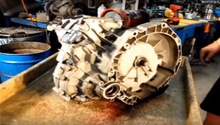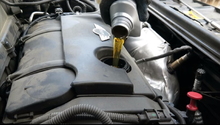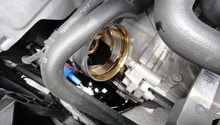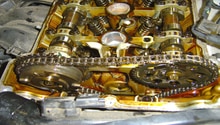Mini Cooper 2001-2006: General Information and Recommended Maintenance Schedule
This guide will show you everything you need to know about your Mini Cooper and how you can keep it running for a long time.
This article applies to the Mini Cooper (2001-2006).
The Mini Cooper is a fun car. It's small, stable, and fast. If you're in the market for a used Mini, or you already own one, this guide will answer a lot of your questions. Whether you are curious of the special features in Mini Coopers, or you just want to learn about the proper maintenance intervals, this guide is a must read for you. Some pieces of maintenance are more important than others; however, the factory and everyone else recommends you perform all maintenance at their proper interval times. Read on to learn about the Mini Cooper and what you can do to keep it running for a long time.
Mini Cooper
The first generation Mini Cooper comes with a V4 1.6L engine. This engine produces roughly 115 horsepower. This engine came with two options: the five speed manual and the six speed automatic. Don't be tricked into thinking this car is unsafe because it's small, the Mini Cooper featured six air bags, which protects you all around. The sport suspension on the Mini Cooper may have given it a rough edge; however, it pays off by being extremely stable, as it holds onto the road tightly. If you are looking for a fast, stable, fun car, the Mini Cooper will not disappoint.
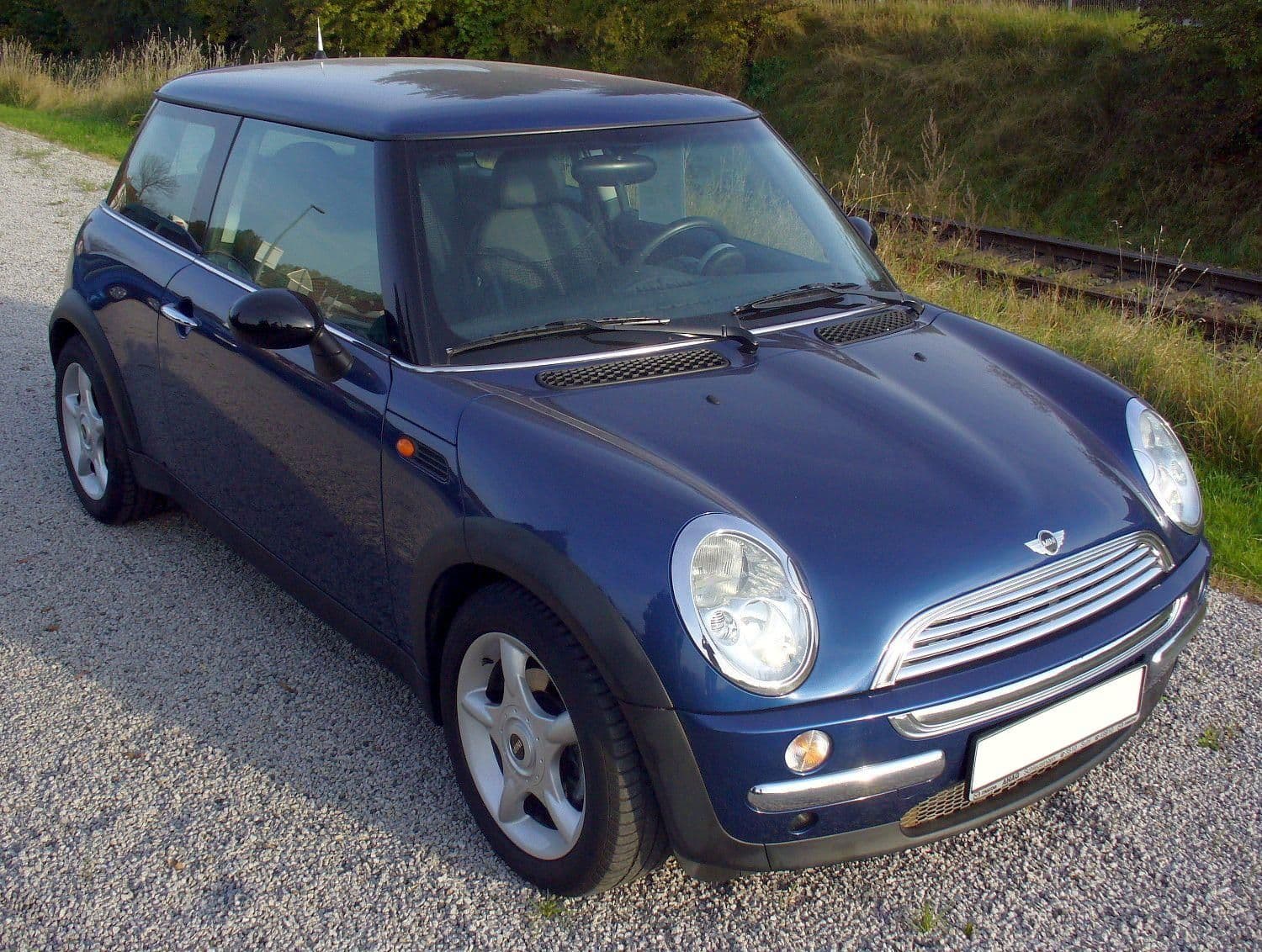
Basic Maintenance
The most basic maintenance is by no means basic, in fact, it is crucially important for the sake of your engine's health. At 5,000 miles comes the simplest, most important piece of maintenance, that is the engine oil and filter. The engine oil works as a lubricant to protect the internal parts of your engine. Over time, it starts losing its lubricant components; the longer you wait, the more damage could happen to the inside of your engine. Replacing the engine oil is an easy process and it takes almost no time. The second piece of maintenance that should be done at 5,000 miles is the engine air filter. The engine air filter works as a gate that filters the air before going into the engine. The dirtier it gets, the more clogged it becomes, which restricts the air going into the engine, thus decreasing its performance and affecting the fuel consumption. The basic maintenances are the most important ones, so do them on time.
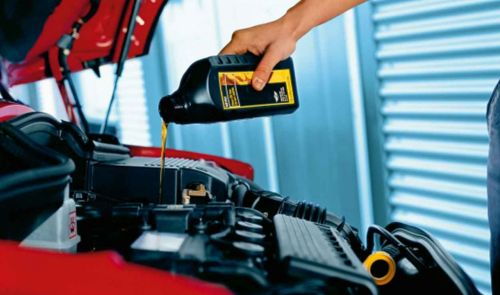
20,000 Miles
The average American drives 12,000 miles a year, which means this maintenance interval will happen in less than two years. At 20,000 miles, you will need to replace the transmission fluid. Like the engine oil, the transmission fluid works as a lubricant to protect the gears in your transmission. The longer you wait, the rougher your Mini will shift; however, rough doesn't only mean uncomfortable, it also means there is damage being done to your transmission, which is one of the most expensive components in your car. Also at 20,000 miles, the factory recommends you replace all the rubber belts. The rubber belts tend to get affected by the weather, and soon they will start squealing and maybe even break. Finally, at 20,000 miles the spark plugs will need to be replaced. The spark plugs are critical to your engine's performance. They should always be replaced as a set.
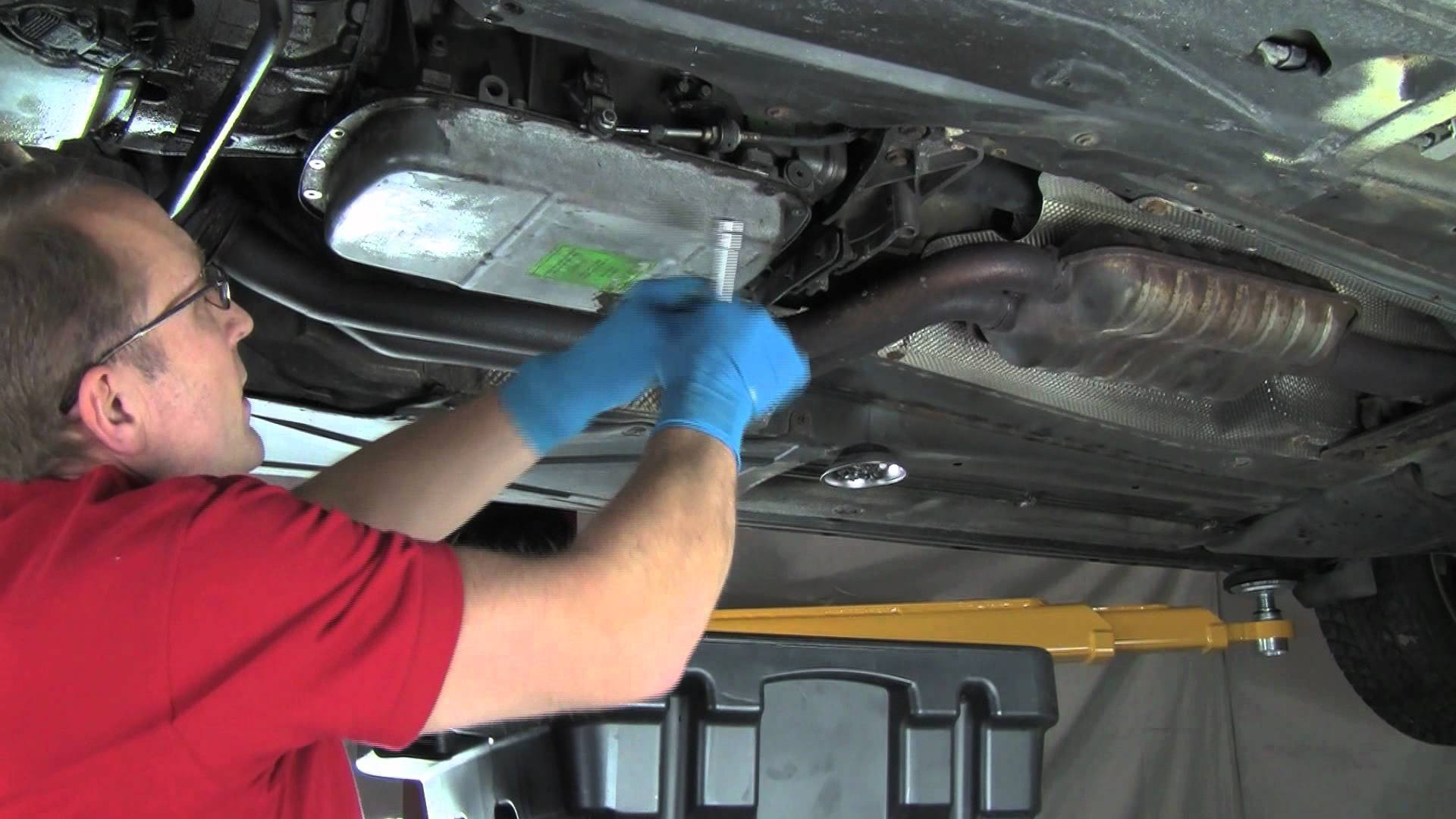
Yearly Maintenance
Every year or so, you should replace the brake fluid in your Mini Cooper. The brake fluid's boiling point tends to get higher over time, which affects your stopping power and alters your braking performance. Anytime you replace your brake fluid, you should always bleed the system from any air.
Every two years you should replace the coolant in your radiator, as this ensures that your cooling system is working at full potential, which means your engine stays cool and safe.
At two years you will need to check and replace your cabin air filter, this is important for your sake. The cabin air filter works to filter the air going through your vents when you turn on your air conditioner.
Every four years you should replace your oxygen sensors. The oxygen sensors are designed to monitor your air mixture in the engine. When they go bad, you start noticing rough idles and bad fuel consumption.
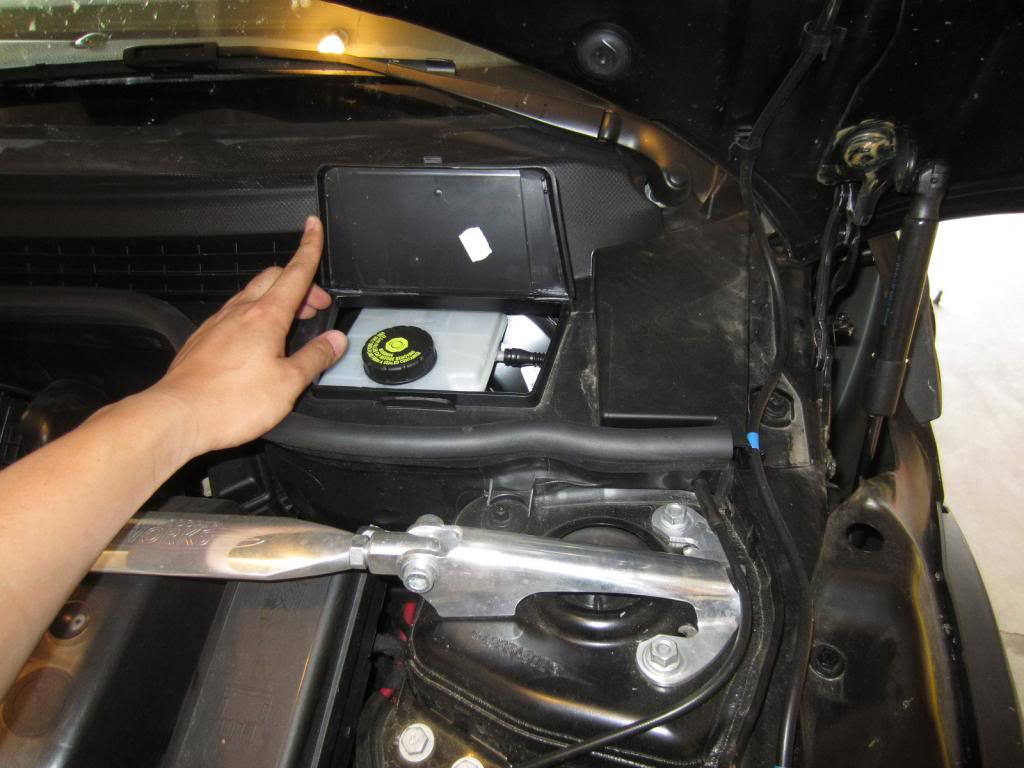
Related Discussions
- Mini Cooper Features - NorthAmericanMotoring.com
- Maintenance Schedule - NorthAmericanMotoring.com



